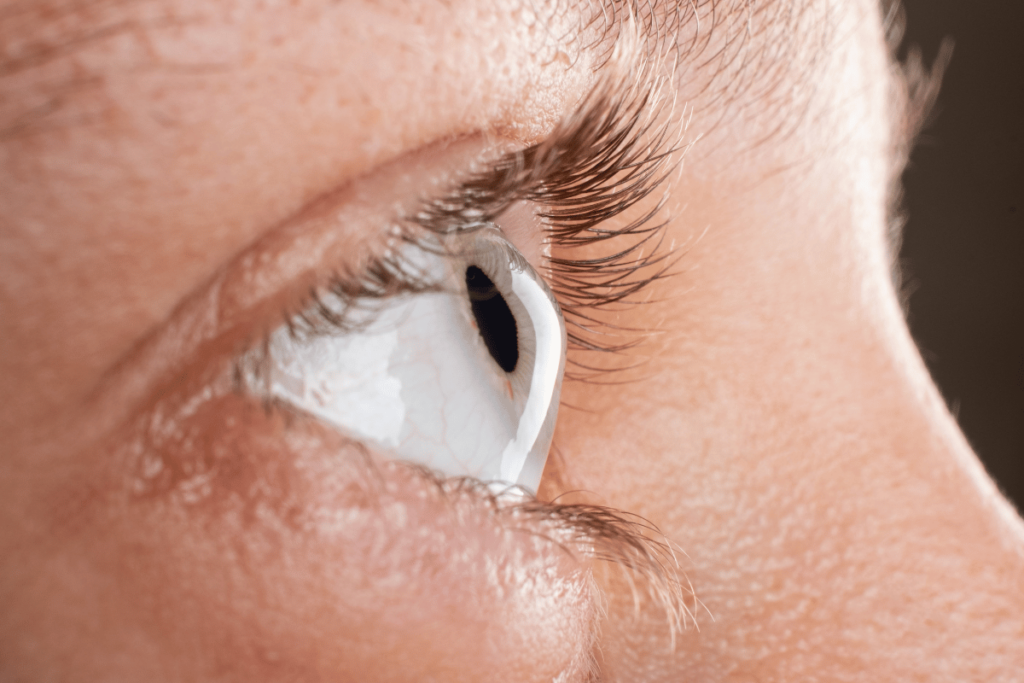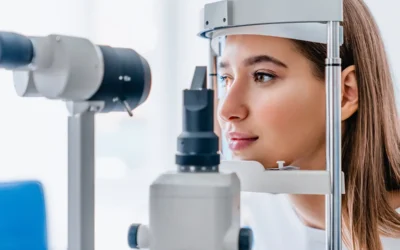Keratoconus is a condition where the cornea, the clear front part of the eye, thins and bulges into a cone shape. This irregular shape can cause blurry vision, increased sensitivity to light, and difficulty seeing at night. If you or someone you know has been diagnosed with keratoconus, you might be wondering if glasses can help with this condition. Find out if glasses can correct keratoconus and learn about other options you have for keratoconus treatment in Jacksonville.
How glasses can be useful
In the early stages of keratoconus, glasses can be useful. They help adjust the way light enters your eye and focus it correctly on your retina, which can restore your vision. For people with mild keratoconus, glasses can reduce blurriness and make everyday tasks like reading and driving much easier.
When glasses aren’t enough
As keratoconus worsens, the cornea’s irregular shape becomes more pronounced, and glasses may be less effective. Glasses won’t fix some of the deeper issues caused by keratoconus, like irregular astigmatism or light sensitivity. They also can’t slow down the progression of the condition. If keratoconus progresses to a more advanced stage, you might notice that glasses don’t correct your vision as well as they used to. In these cases, you might need to explore other treatment options to manage the condition effectively:
- Contact lenses: For many people with keratoconus, specialty contact lenses work better than glasses. Rigid gas permeable (RGP) lenses and scleral lenses can help smooth out the irregular surface of your cornea, leading to clearer vision.
- Corneal cross-linking: This treatment can help slow down the progression of keratoconus. It involves applying riboflavin (vitamin B2) to your cornea and then using UV light to strengthen the corneal tissue.
- Corneal transplant: For more advanced cases where other treatments aren’t enough, a corneal transplant might be necessary. This surgery replaces the damaged cornea with a healthy one from a donor.
When to see an eye doctor
If you have keratoconus or think you might, regular visits to an eye doctor are important. Our optometrists at Baymeadows Vision Center can monitor the progression of your condition and suggest the best treatments for you. If glasses aren’t providing the vision correction you need, we can recommend other options to help you see better.
Regular eye exams and consultations with our eye doctor will ensure you receive the best care and treatment for your condition. Schedule an appointment at Baymeadows Vision Center today to find the right treatment option for your specific needs.




